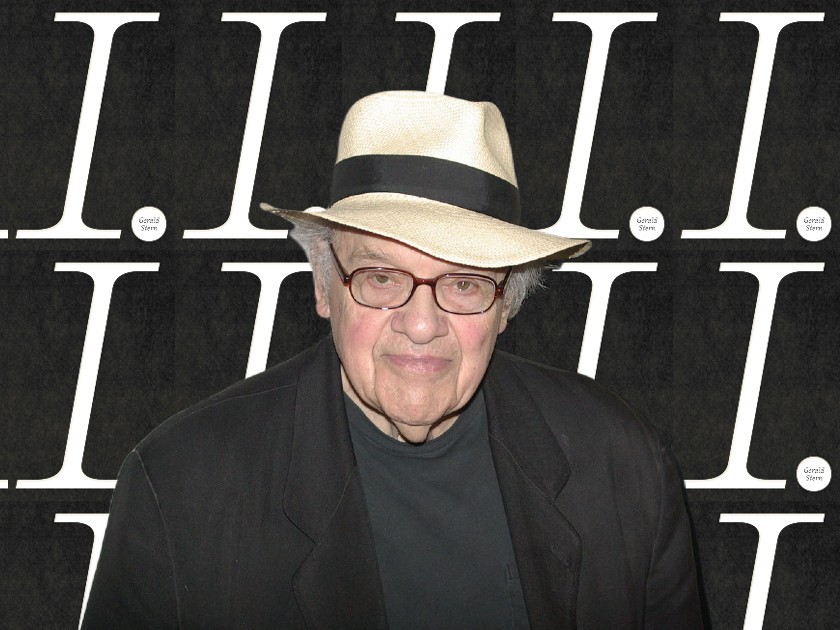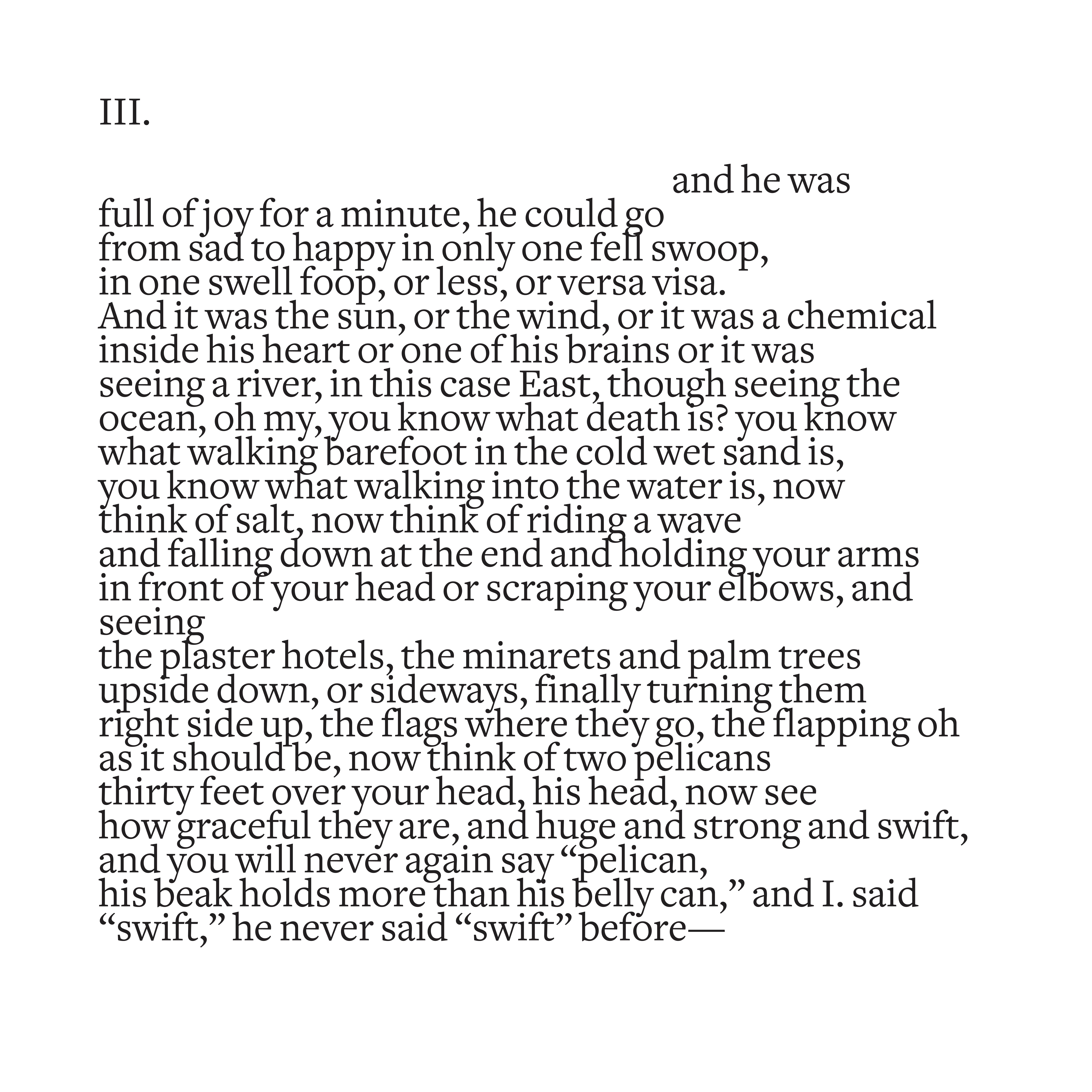
American poet Gerald Stern at the Miami Book Fair International 2011
Penned in 2008 against the backdrop of a rapidly gentrifying New York City, Gerald Stern’s I. is a virtuosic work from the mind of a poet at the apex of his explosive talent. I. is in many ways an exercise in reading, the product of a writer who has spent decades alive inside the languages of others. Stern’s observations and grievances collide with the register of prophetic exclamation — and it is precisely this mixture that makes I. such an exciting text. The dark humor, the wildness, the unabashed wonder of Stern’s poetry find a happy conspirator in Isaiah; they leap and bound together, “spring[ing] forth” into the tantalizing unknown.
Stern pushes the multivalence of the personal pronoun to its very limit. He inhabits the persona of Isaiah while still remaining true to his idiosyncratic self, the specter of the prophet set on his shoulder. What moves me most, though — a characteristic I find to be deeply intrinsic to his body of work and, in particular, a primary mechanism driving I. forward — is a sense of sheer vertiginous glee at the miracle of being alive.
I first read I. a few years ago, on the subway, on my way to work with Jerry as his literary assistant. I had never encountered it before, and he was excited to share it with me. As I zoomed across the city underground, the poem filled me with a startling, almost spiritual thrill. In the third of twenty-seven sections, he writes of swooning from mood to mood, filled with a full-body awe:
And it was the sun, or the wind, or it was a chemical
inside his heart or one of his brains or it was
seeing a river [ … ]
oh my, you know what death is? you know
what walking barefoot in the cold wet sand is,
you know what walking into the water is, now
think of salt, now think of riding a wave
and falling down at the end and holding your arms
in front of your head or scraping your elbows
And as I read, inside of me a voice shouted a selfsame “oh my” — I thought I knew, but now I know, I recognize. Here, in these lines, the prophet accomplishes his goal: he reveals, in small moments that leave me breathless, the God I’ve always felt but haven’t been able to articulate. God in the details (“those diner cups, an off-white / with a strip of blue a quarter inch from the rim, / it seems to hold much less than its thickness / and weight would suggest and there is a saucer to match / though there is no stripe of blue in the saucer”), a fierce and righteous God, a God of the giddily profane (“Welcome, shitheads!”), a God condemning the feeble gestures of liberal sensibility (“We’re sorry, we thought you were dogs”), a God of anger and confusion, who feels as we do (wasn’t G. / himself emotional? Didn’t M. make him cry?”), a God who leads us to moments of staggering, impossible compassion.
I. is a testament, a manifesto, a litany of grievances and griefs, and a profession of love. It is an amalgam of the poet’s many varied styles and lifelong preoccupations, brilliantly distilled. It is, most importantly, the ecstatic result of a life spent enamored with living. Gerald Stern, a poet of professed agnosticism, expects to fit awkwardly in the ancient prophet’s shoes, but he discovers that the footwear conforms to his shape. What a profound honor to behold this, his last book, and to walk beside him one more time.
—Chase Berggrun

This piece is a part of the Berru Poetry Series, which supports Jewish poetry and poets on PB Daily. JBC also awards the Berru Poetry Award in memory of Ruth and Bernie Weinflash as a part of the National Jewish Book Awards. Click here to see the 72nd winner of the prize. If you’re interested in participating in the series, please check out the guidelines here.
Chase Berggrun is a trans woman poet and the author of R E D (Birds, LLC, 2018). Her work has appeared in Poetry Magazine, The Nation, American Poetry Review, and elsewhere. She lives in New York City.
Gerald Stern was the author of more than twenty collections of poetry and essays. His most recent book of poems were Blessed as We Were: Late Selected and New Poems, 2000 – 2018 (W.W. Norton, 2020). He received numerous awards, including the National Book Award for This Time: New and Selected Poems (W.W. Norton, 1998). He lived in New York City.